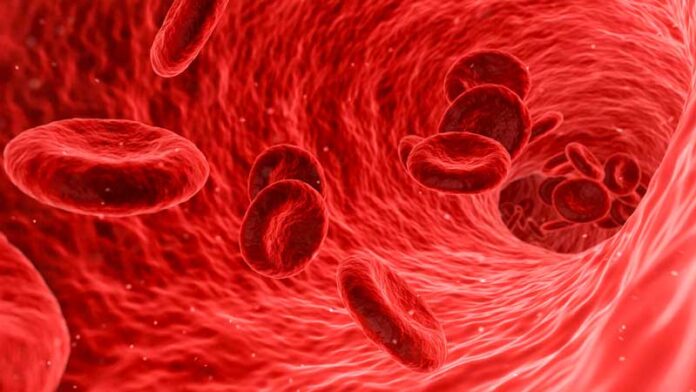When the amount of RBC or hemoglobin is lower than normal, the body suffers from anemia. RBCs carry oxygen to all parts of the body. Hemoglobin is also an iron-rich protein in RBC. Hemoglobin is responsible for the red color of blood. This blood factor preserves oxygen, fights infection and prevents bleeding. If the body becomes anemic, the blood oxygen level decreases. and causes serious damage to the body.
What are the signs and symptoms of anemia?
- Weakness and fatigue
- paleness
- Asthma
- Cold hands and feet
- Headache and dizziness
- Chest pain
- hair loss
- Irregular heartbeat
- General weakness of the body
- lack of concentration
Why do we get anemia?
- The body’s inability to produce enough RBCs
- RBCs produced by the body are destroyed.
- Produced blood is lost due to menstrual bleeding, injury, or other causes of bleeding.
Different types of anemia :
-
Iron deficiency
The most common type of anemia is iron deficiency anemia. The body needs iron to produce hemoglobin. And due to excessive bleeding, poor diet and the body’s inability to absorb iron, the body suffers from iron deficiency.
-
Aplastic anemia :
If the body cannot produce enough red blood cells, the body will suffer from aplastic anemia. RBCs are produced in the bone marrow every 120 days. When the bone marrow cannot produce RBCs, the level of blood cells decreases, leading to this type of anemia.
-
Sickle cell anemia :
Sickling is a serious blood disorder. In this disease, RBCs have abnormal hemoglobins and it is known by this name because of its sickle shape. Another problem that this disease causes is that these sickle cells are sticky and stop blood flow.
-
Hemolytic anemia :
There comes a time when the red blood cells are destroyed much earlier than their normal life. And on the other hand, the bone marrow cannot produce enough and timely RBC.
-
Anemia due to vitamin deficiency:
Vitamin B12, like iron, is necessary for the production of hemoglobin. This vitamin is found in animal products. But those who are vegetarians deprive their bodies of this vitamin. And this deficiency leads to anemia.
-
Thalassemia :
This type of anemia is an inherited genetic disorder. In thalassemia, the body is unable to produce enough and needed red cells. Thalassemia can be mild or severe.
-
Fanconi anemia :
This case is also genetic, but it is of a rare type, in which the bone marrow cannot produce RBCs and is disturbed. or produces abnormal RBCs. And this causes cancer and damages the organs and tissues of the body.
-
Anemia due to excessive bleeding :
Some diseases such as cancer, injury, surgery or menstrual bleeding in women can also lead to anemia.
Excessive bleeding during menstruation or bleeding from injury, surgery, cancer of the urinary or gastrointestinal tract can lead to anemia, so what happens when you are diagnosed with any of these types of anemia? can happen
How to diagnose anemia?
-
History of anemia in the family :
Since several types of anemia are hereditary, your doctor will probably ask you if anyone in your family has one of the causes of anemia.
examine :
- Check heart rhythm.
- Examining the lungs to find out the quality of breathing.
- Palpate the abdomen to measure the spleen and liver.
-
Blood cell count
Checking the level of hemoglobin and hematocrit by counting. Testing to check WBC and RBC, blood platelet count and mean cell volume.
You can prevent anemia with the following methods:
- Provide your body with iron by eating iron-rich foods such as dried fruits, shellfish, brown rice, vegetables, pasta and bread.
- Provide your body with vitamin B12 by consuming meat and dairy products.
- Vitamin C helps the body absorb iron more easily.
- Don’t forget to take folic acid.
- Use mixed foods to get the necessary ingredients to cure anemia. For example, simultaneous consumption of raisins, spaghetti and meat and tomato sauce.
- Add fiber to your diet.
- Minimize the consumption of caffeine (coffee, cocoa and tea).
- Bathing twice a day with cold water is beneficial for improving blood flow.
- Be exposed to sunlight for 10 minutes every morning.
- Include lentils, fresh fruits and vegetables in your diet.
- Exercise regularly.










